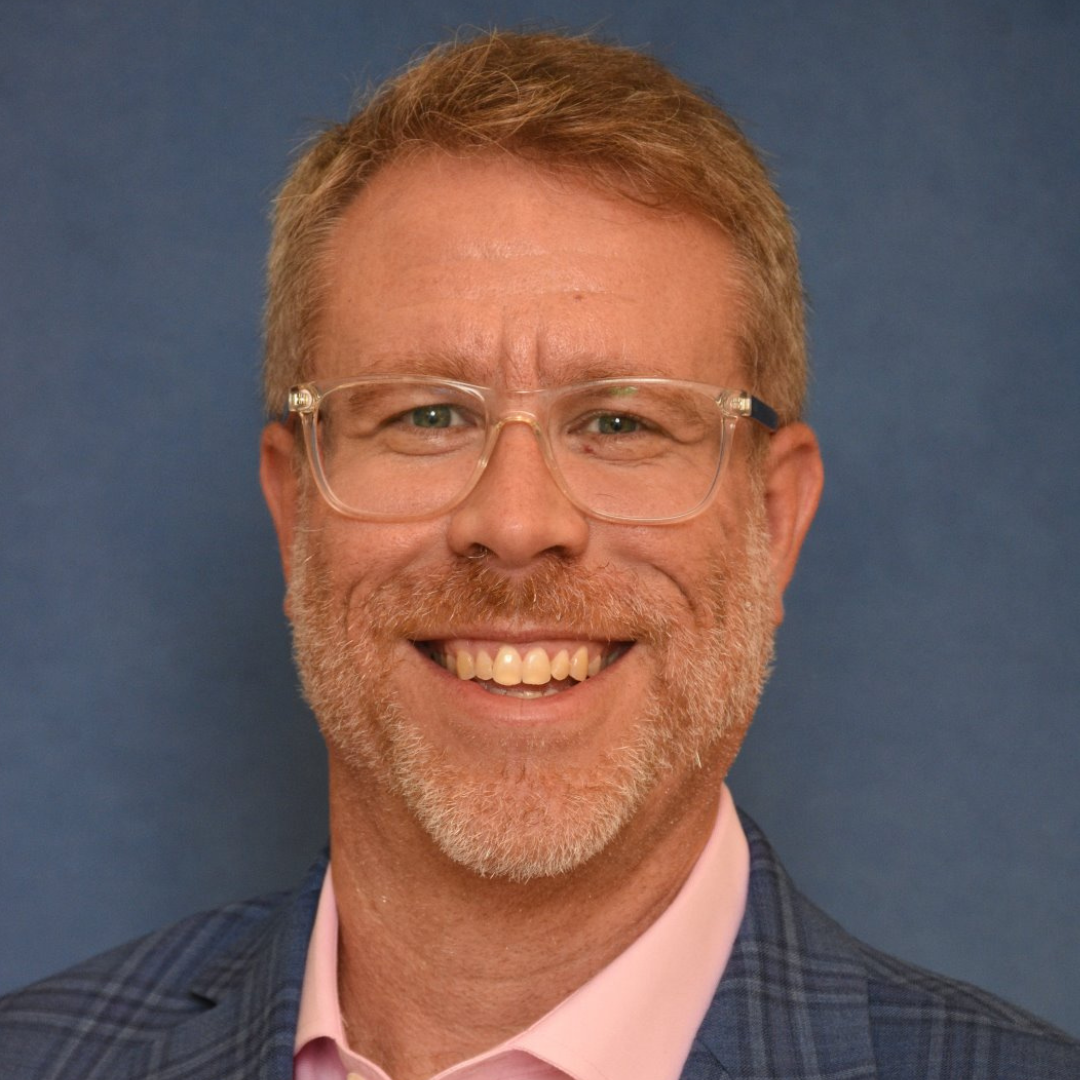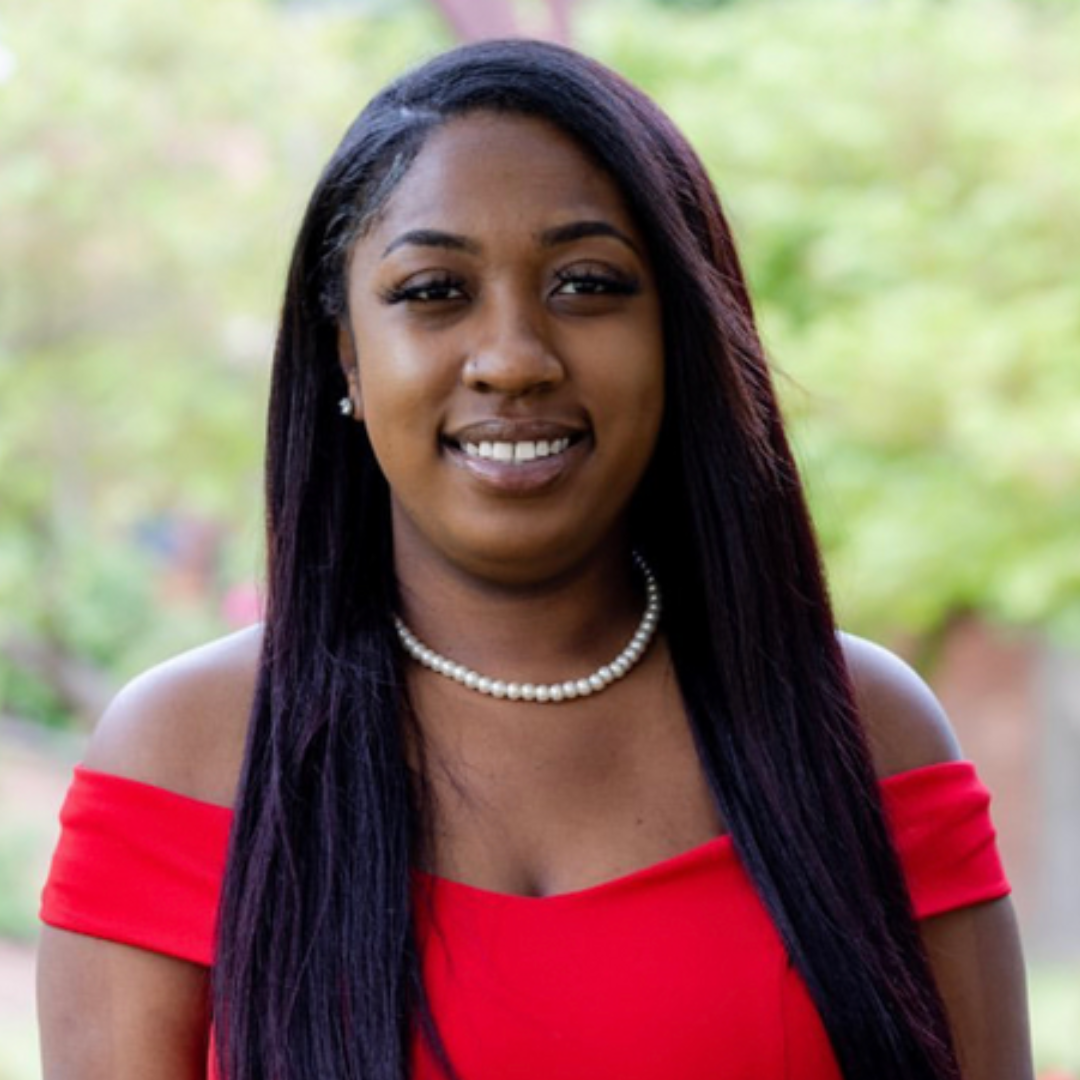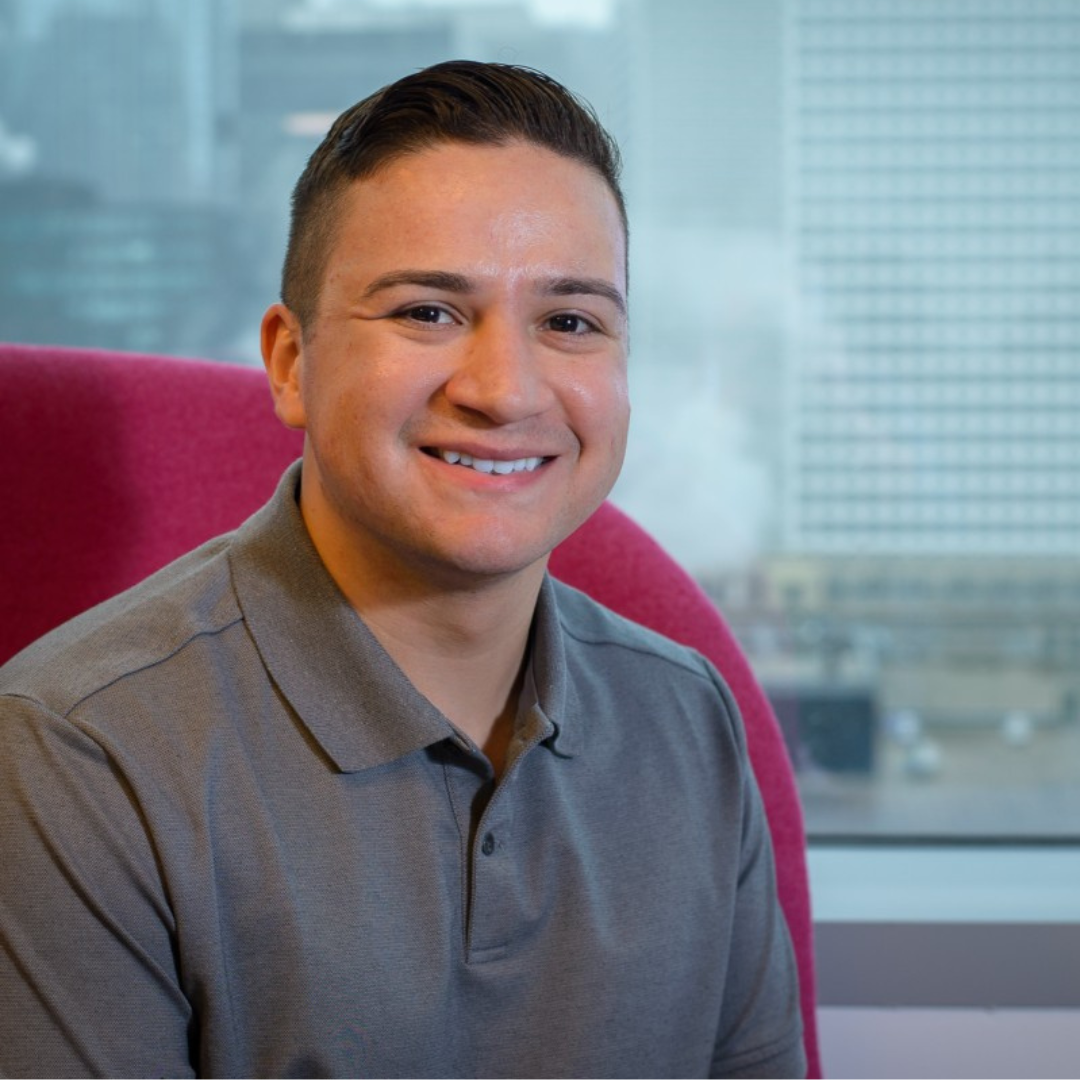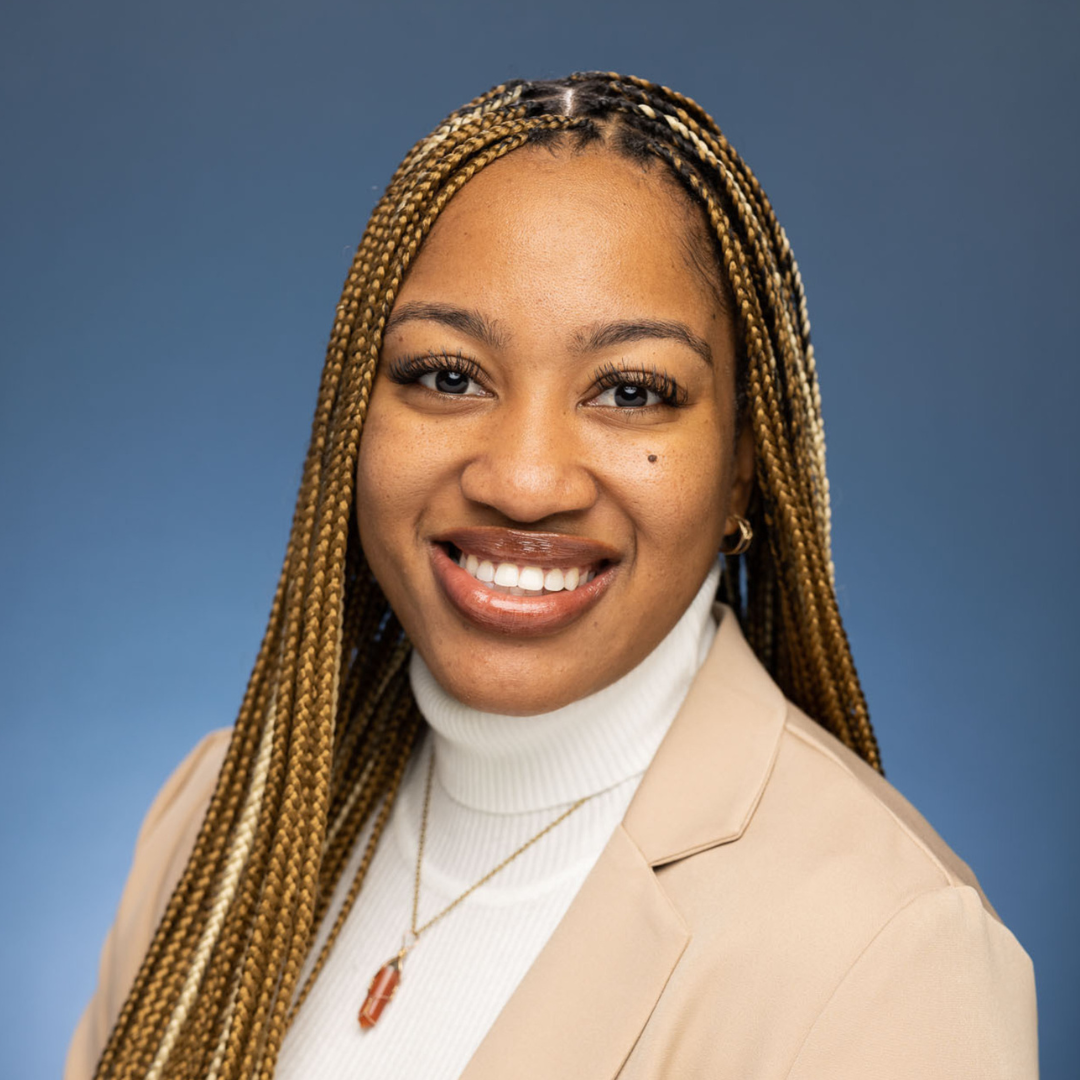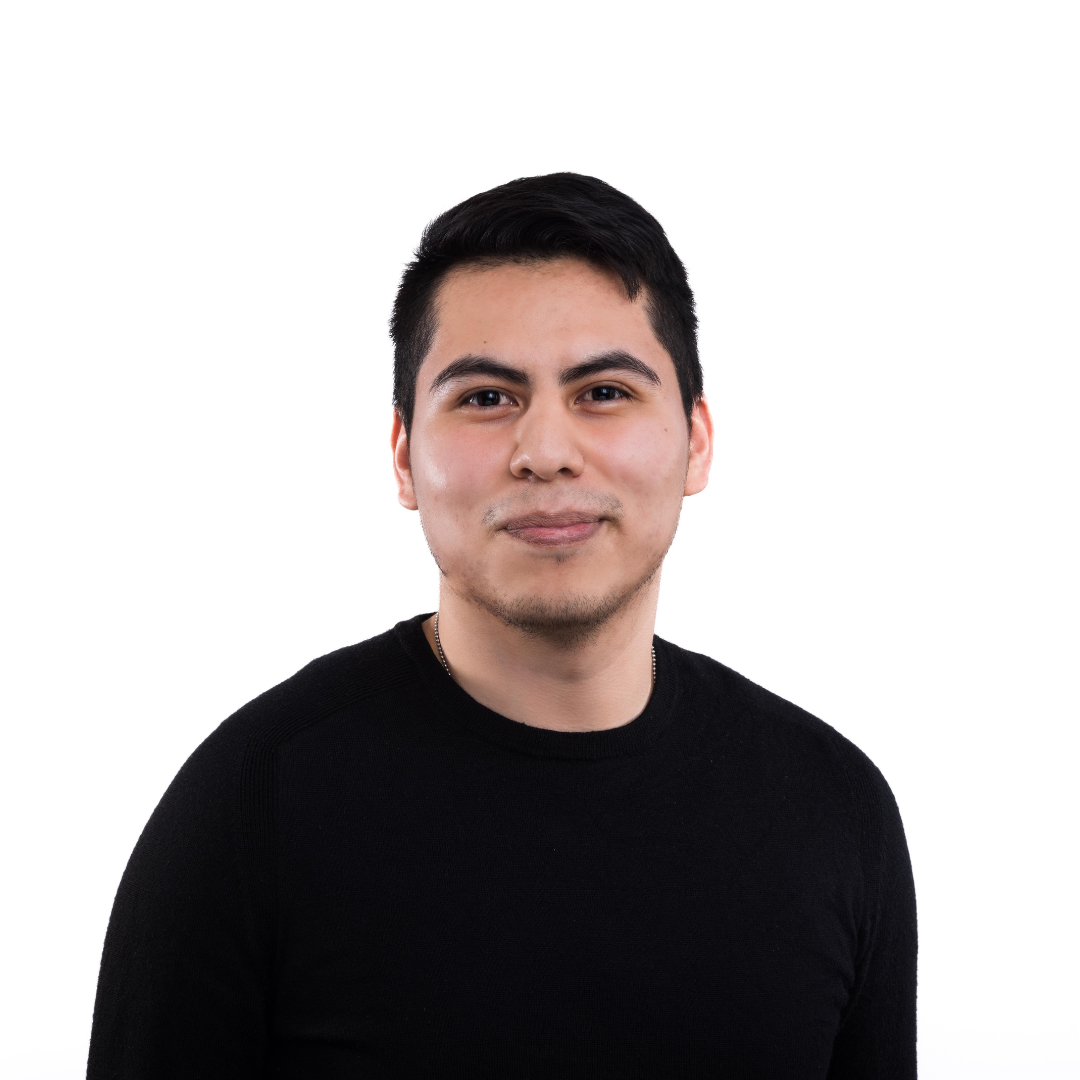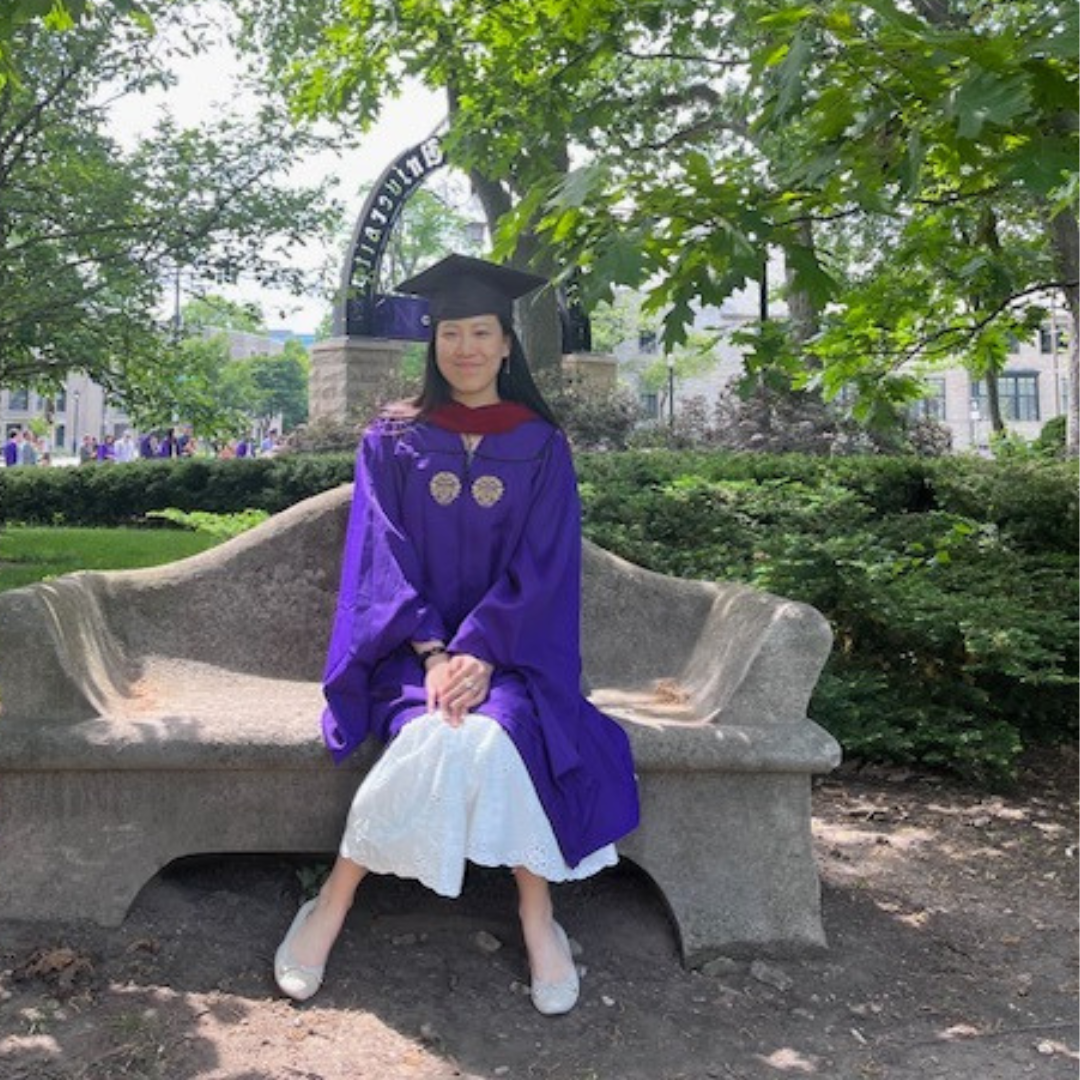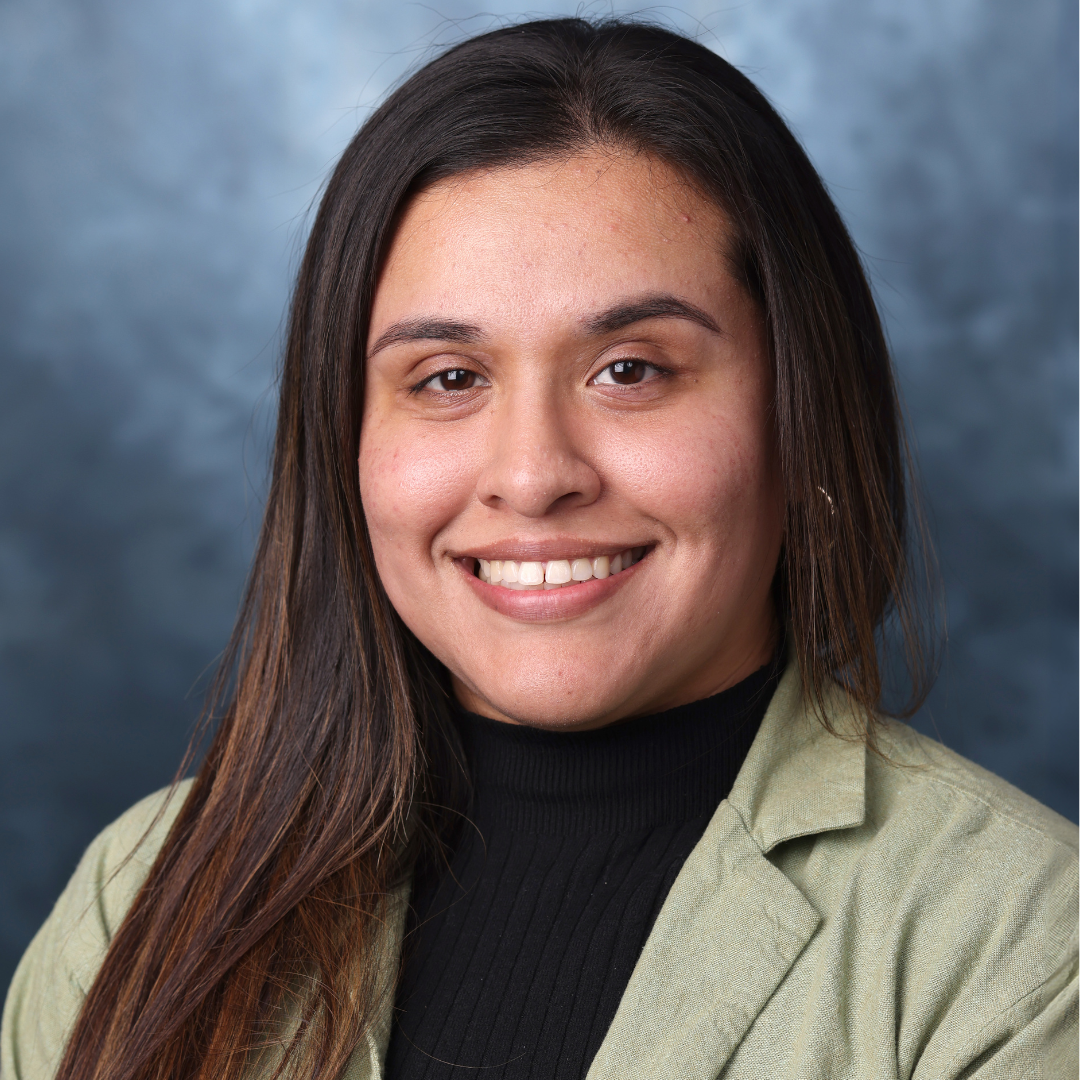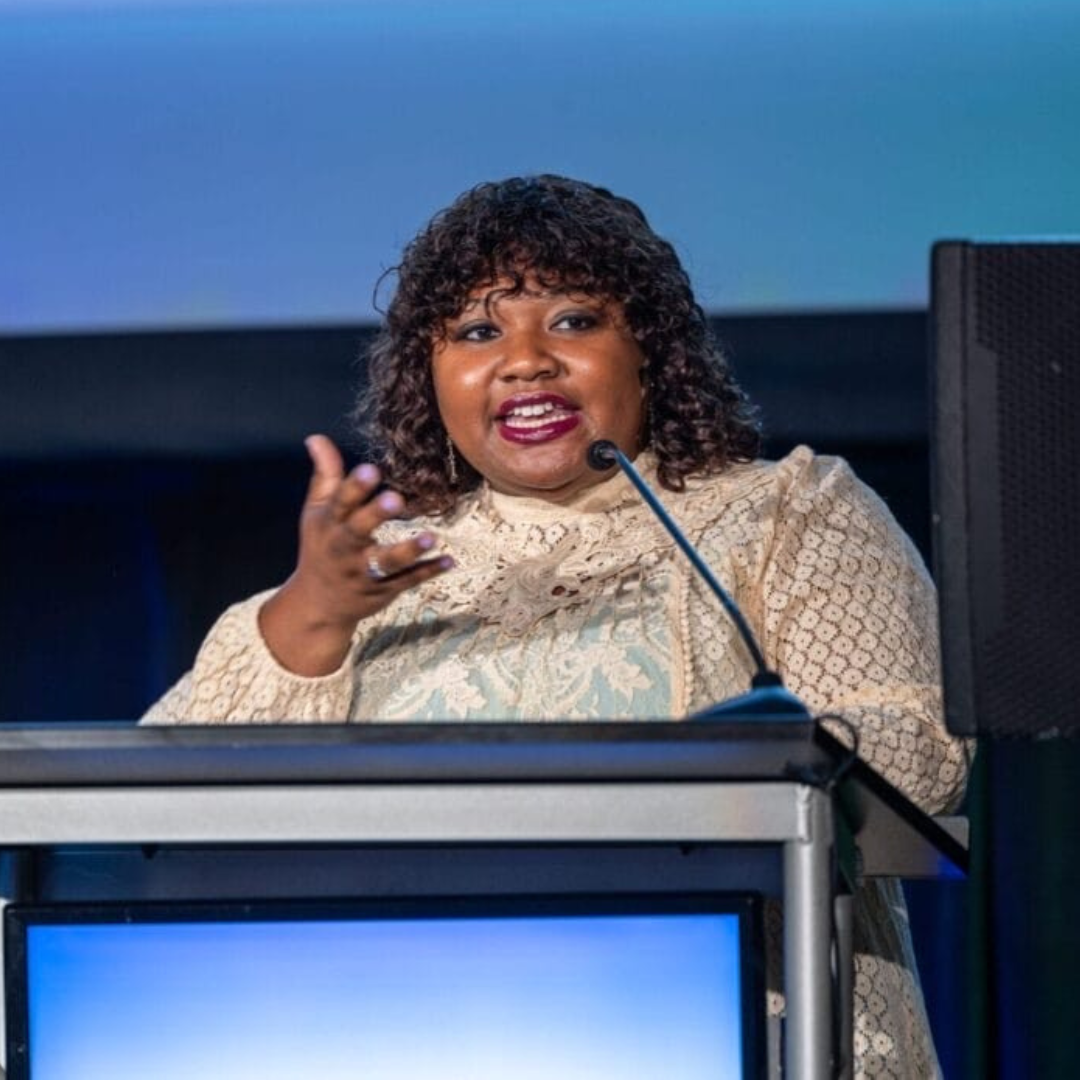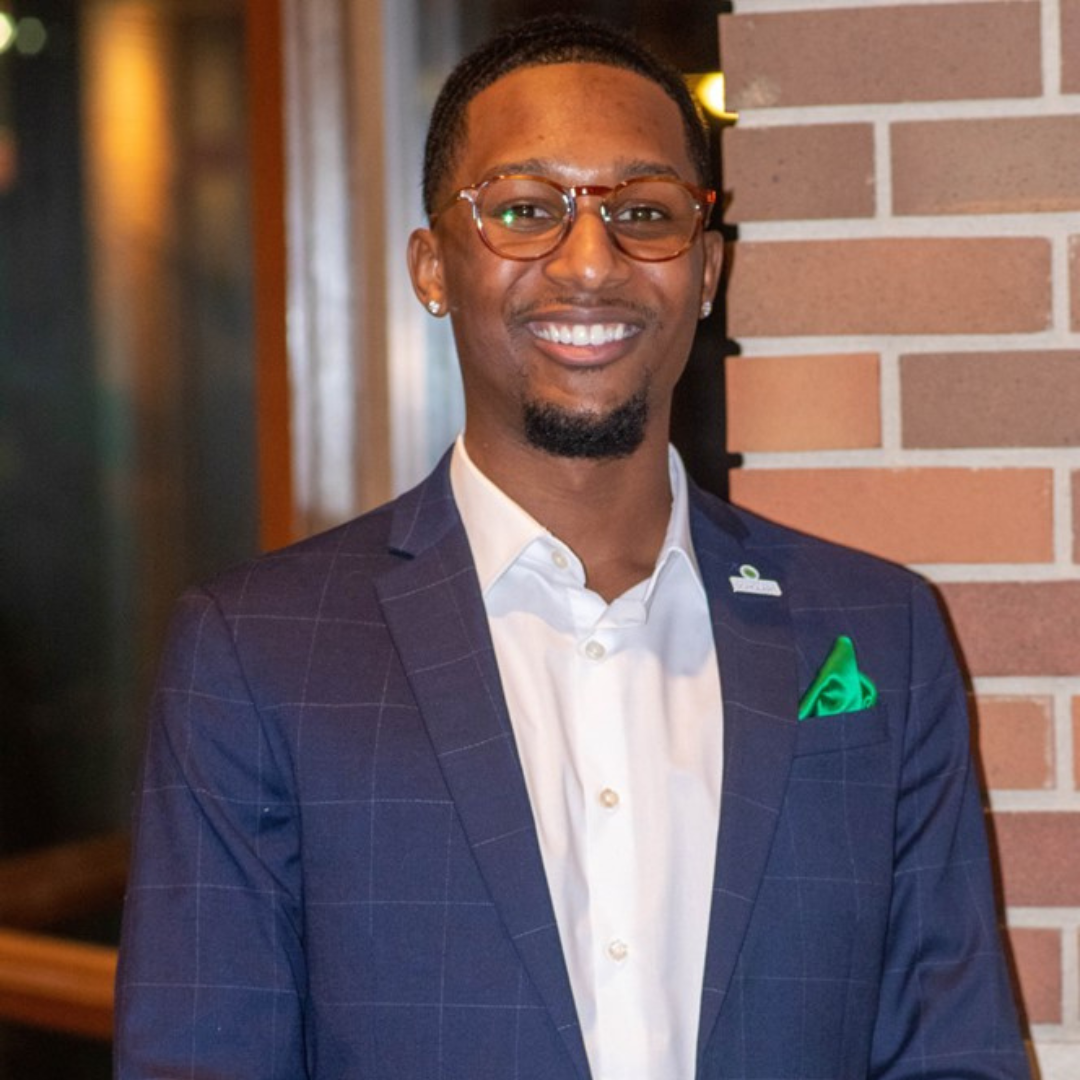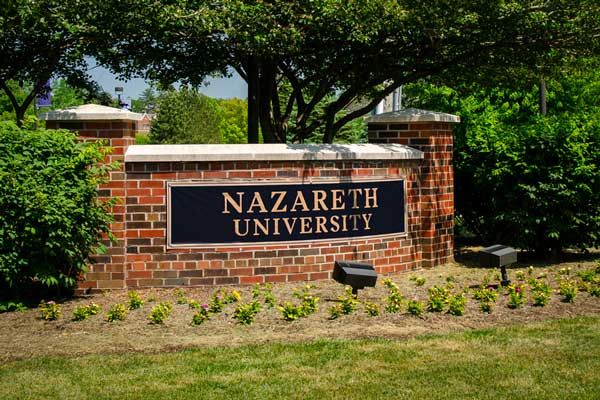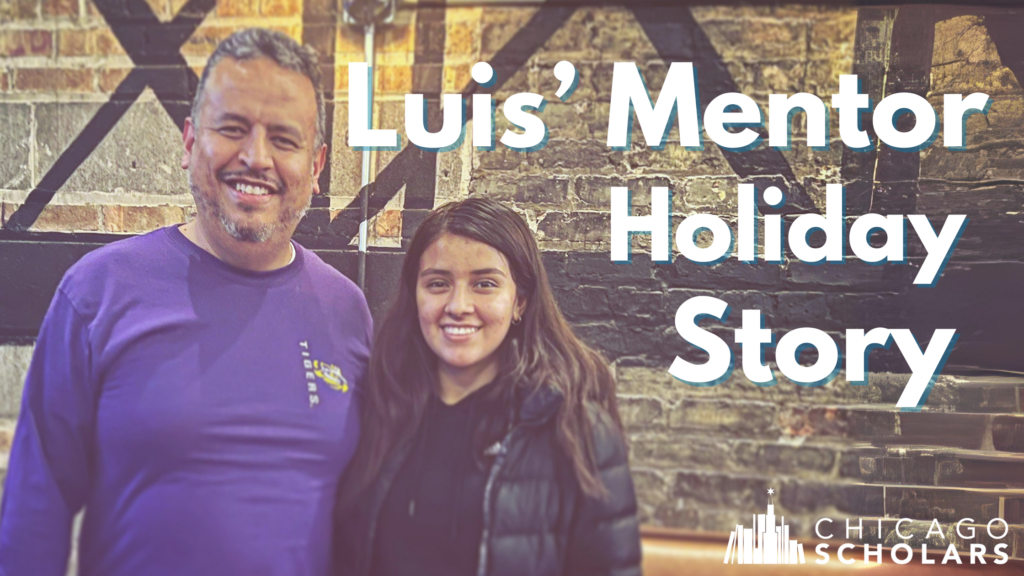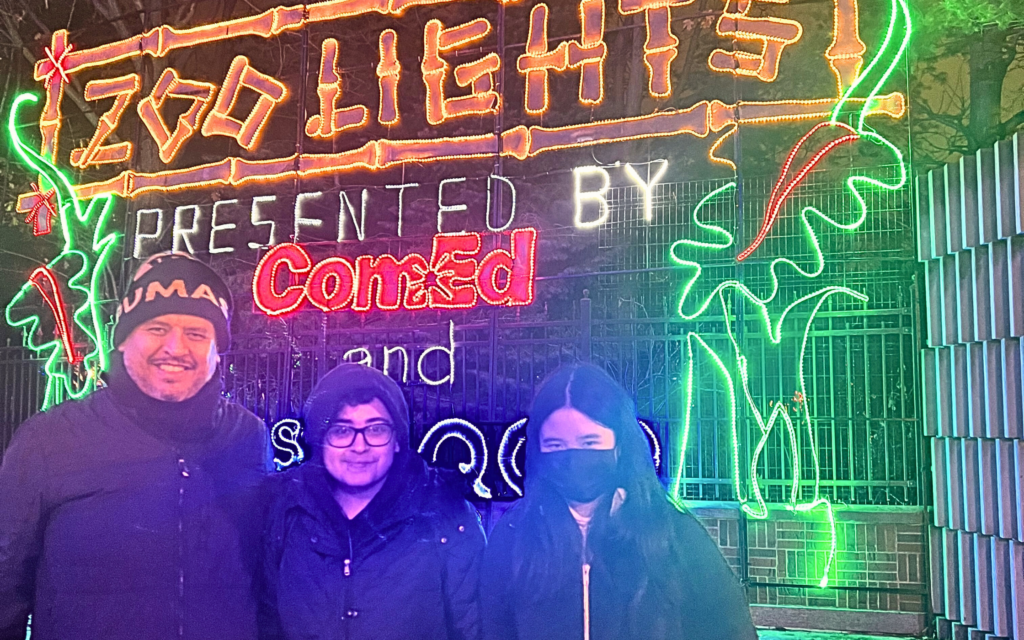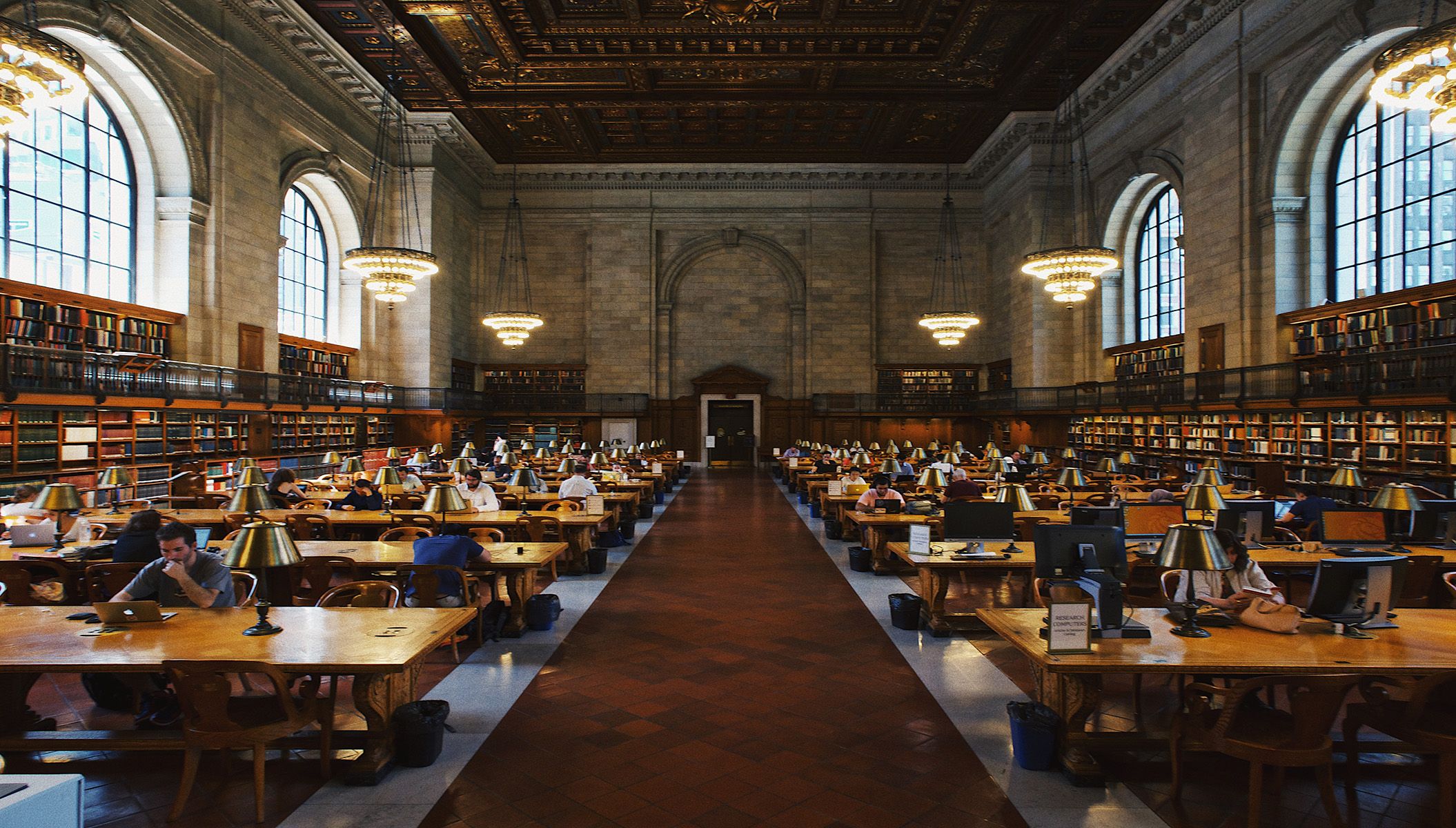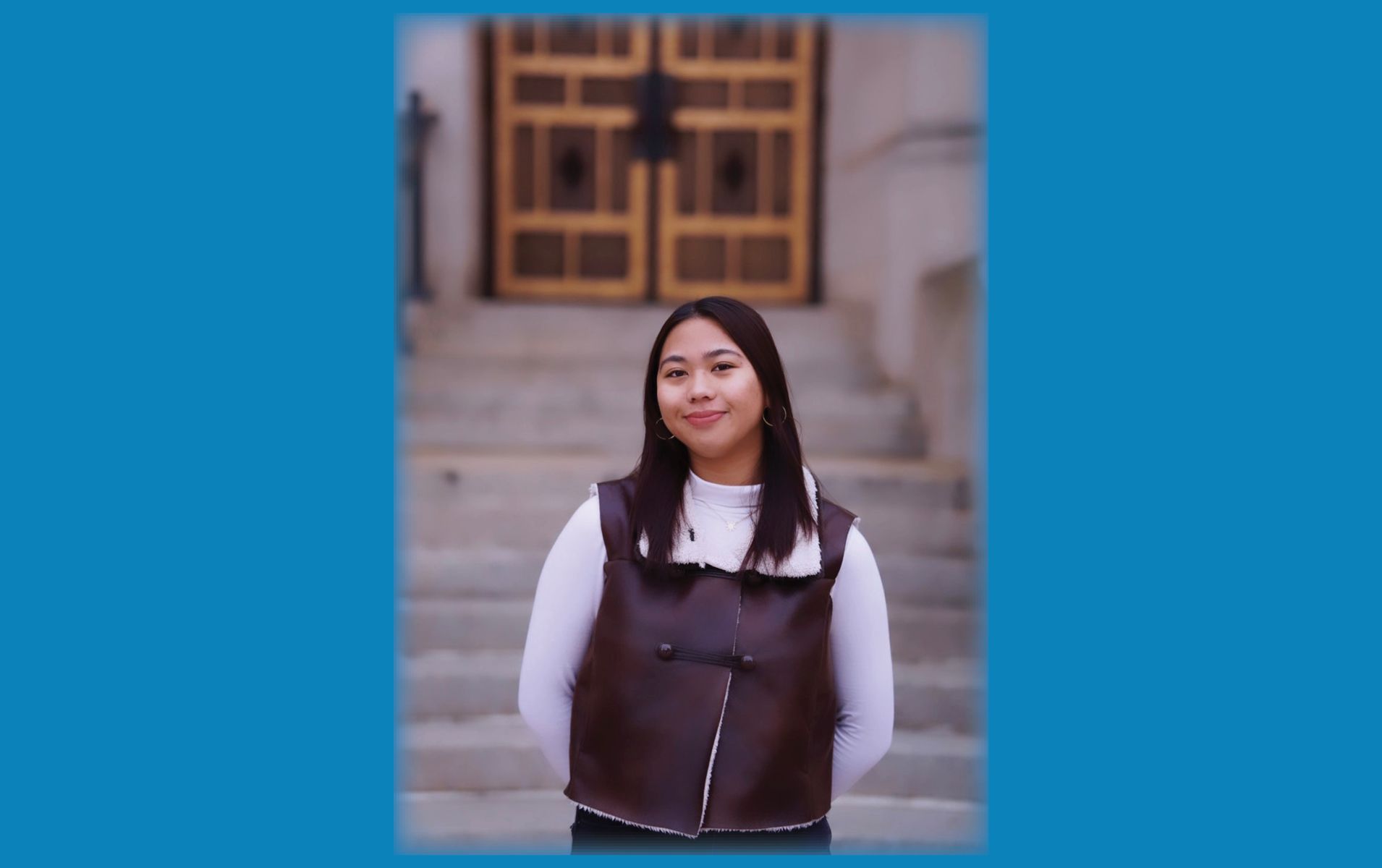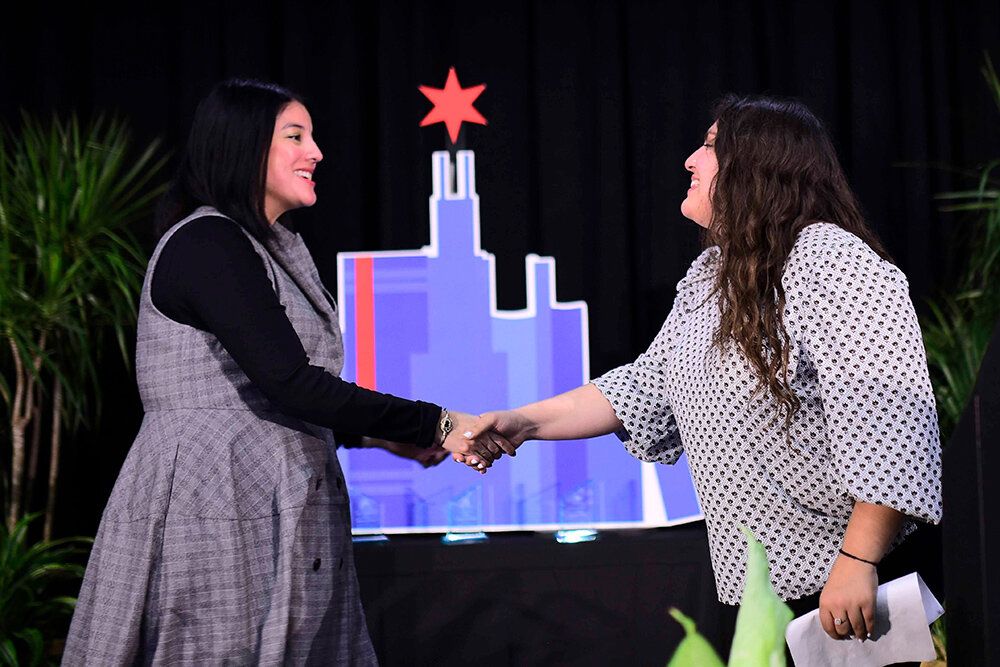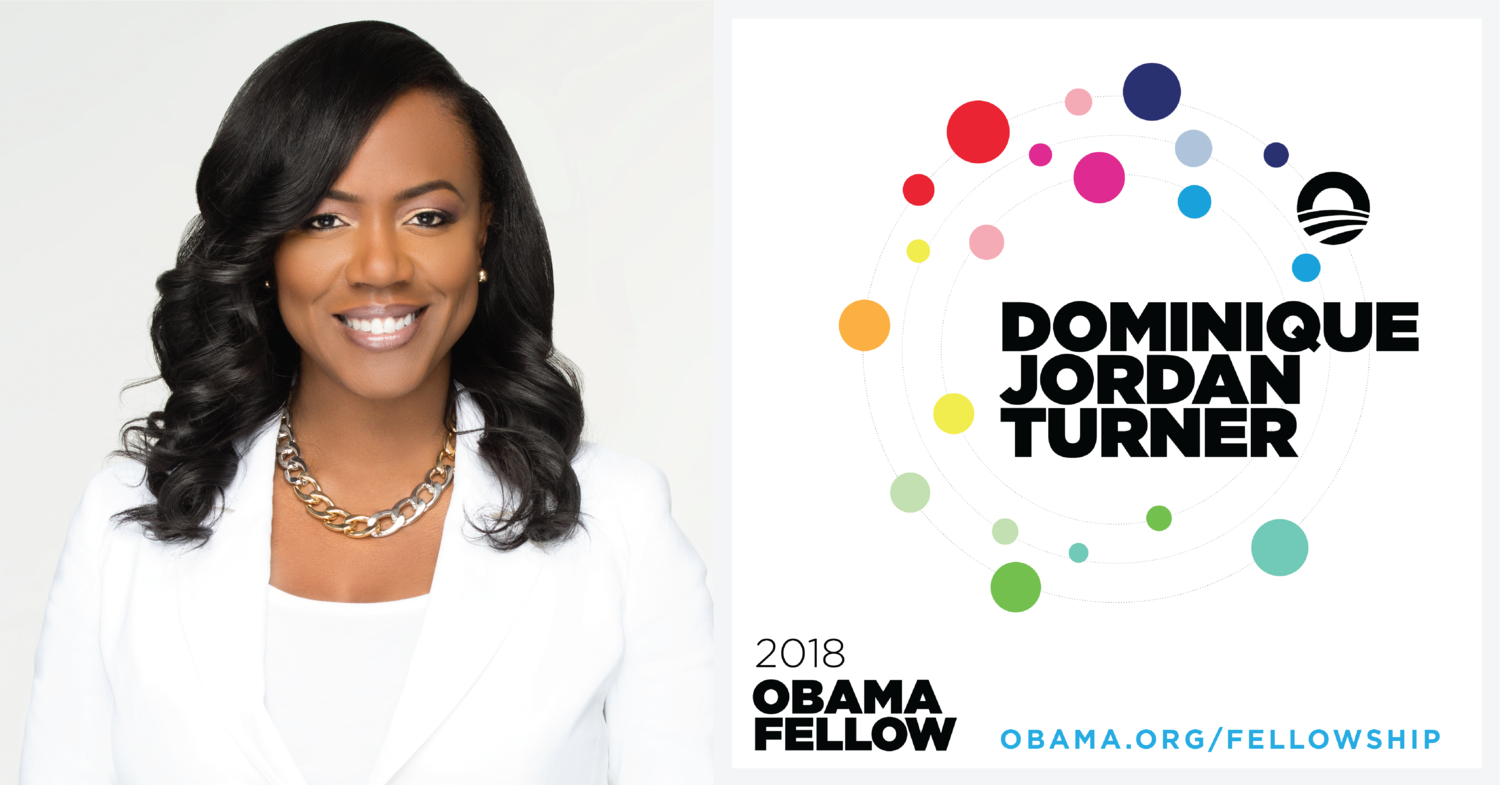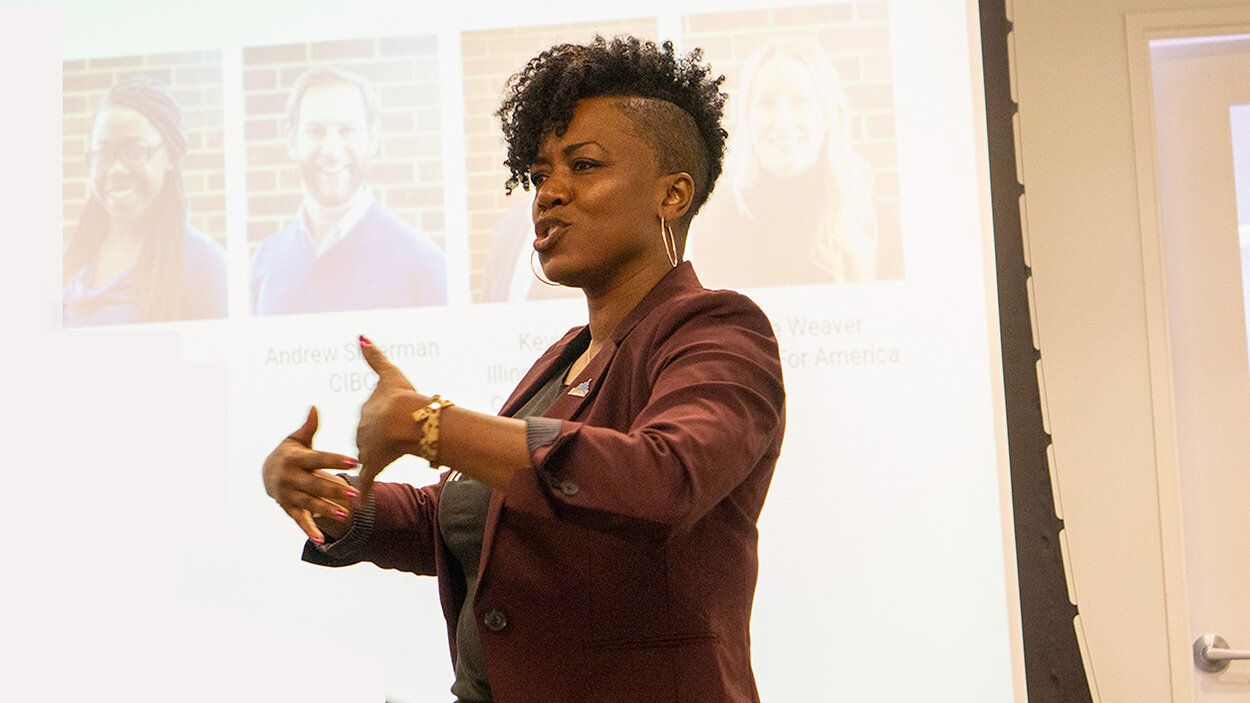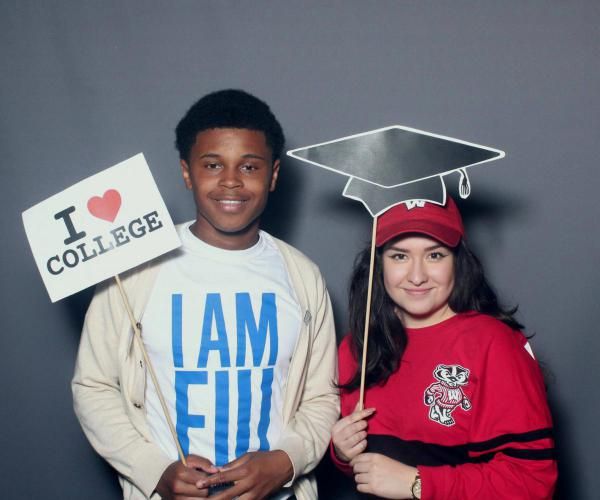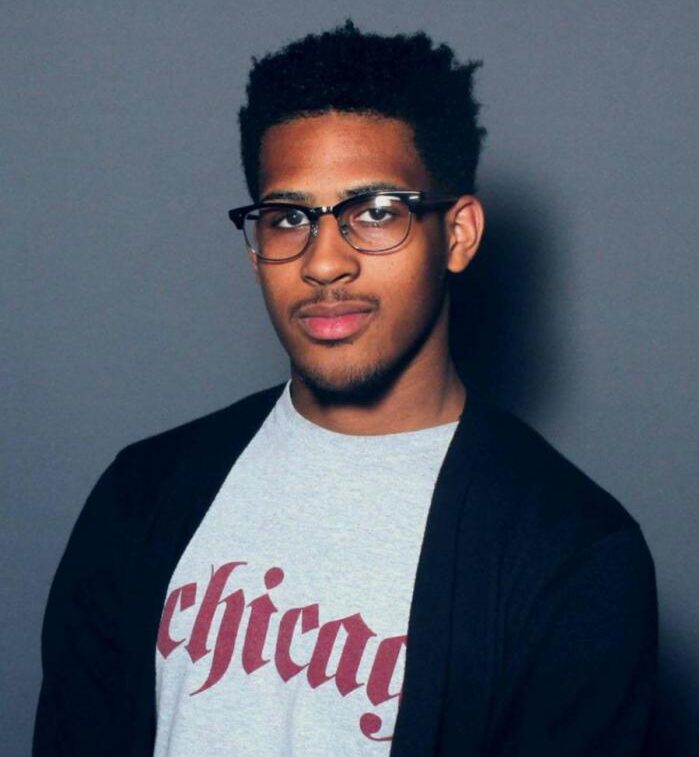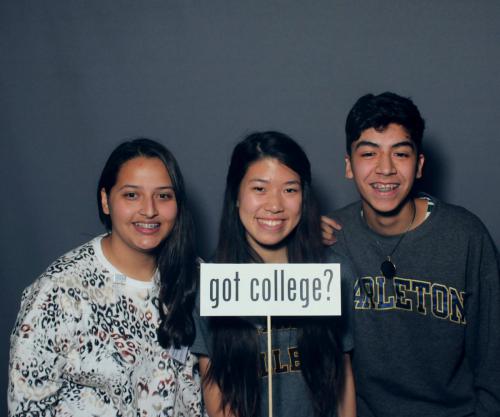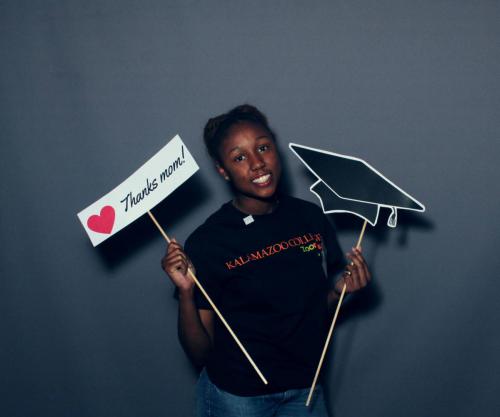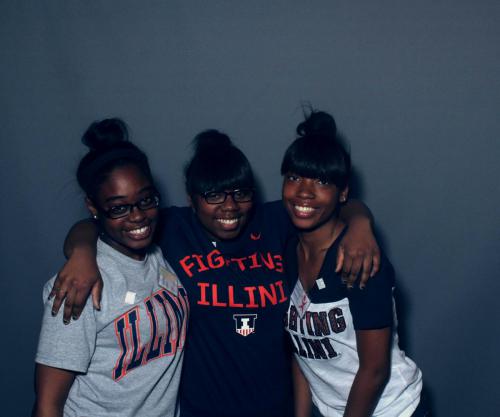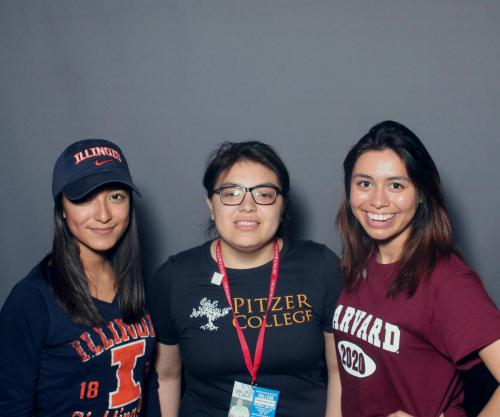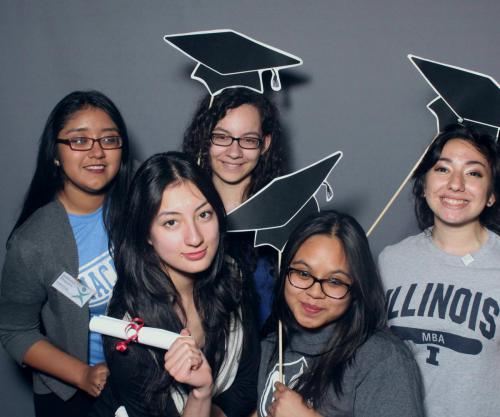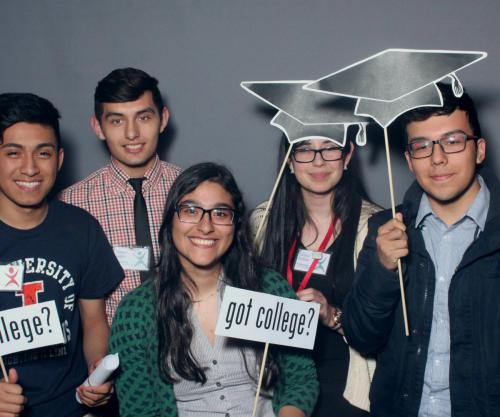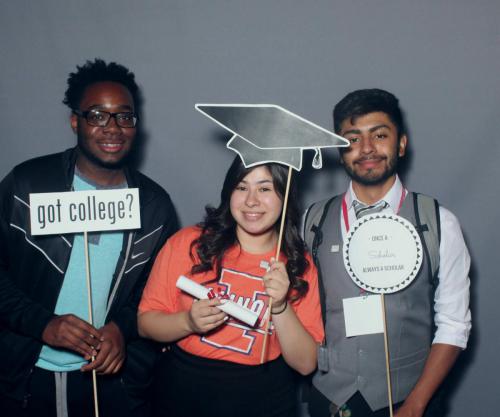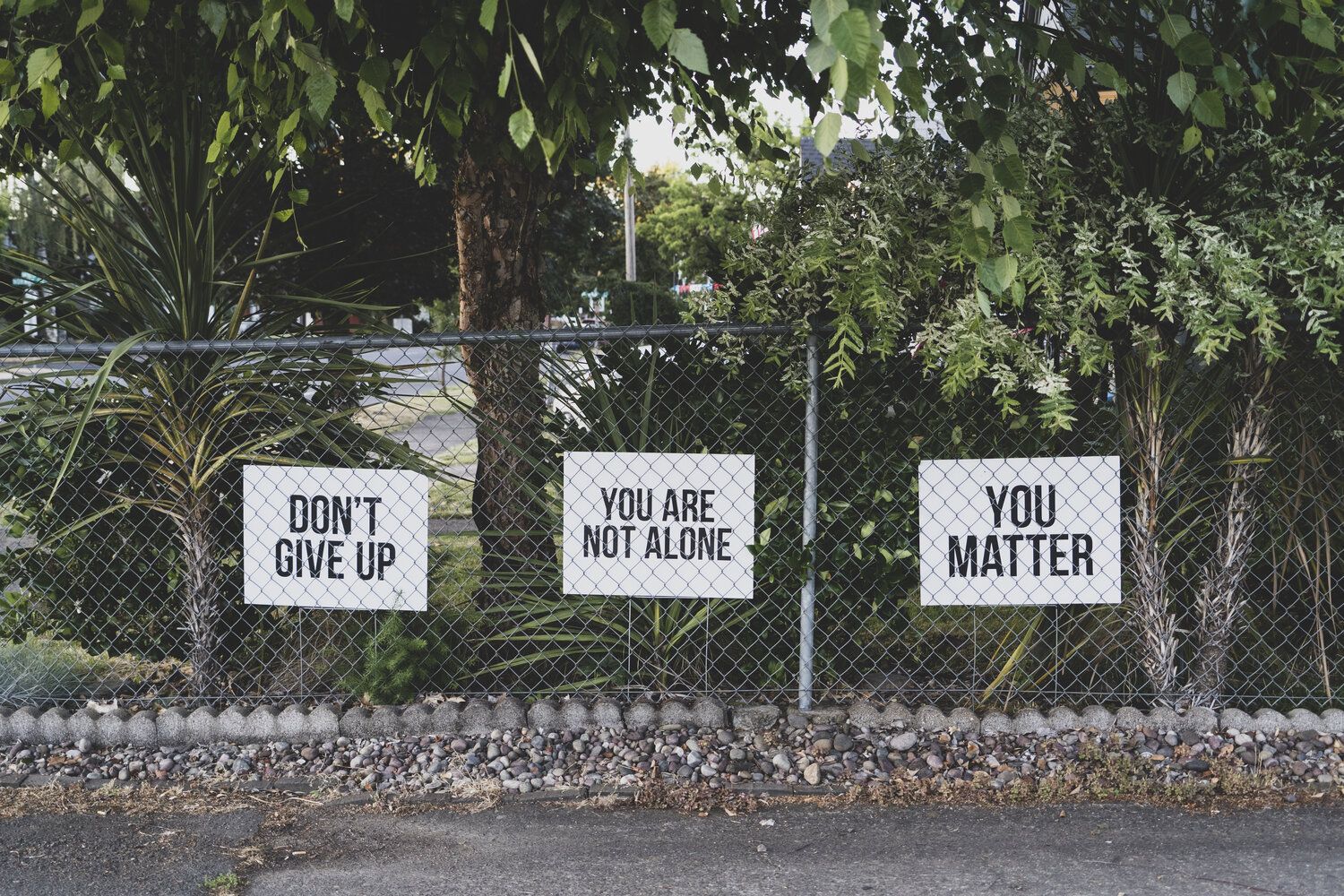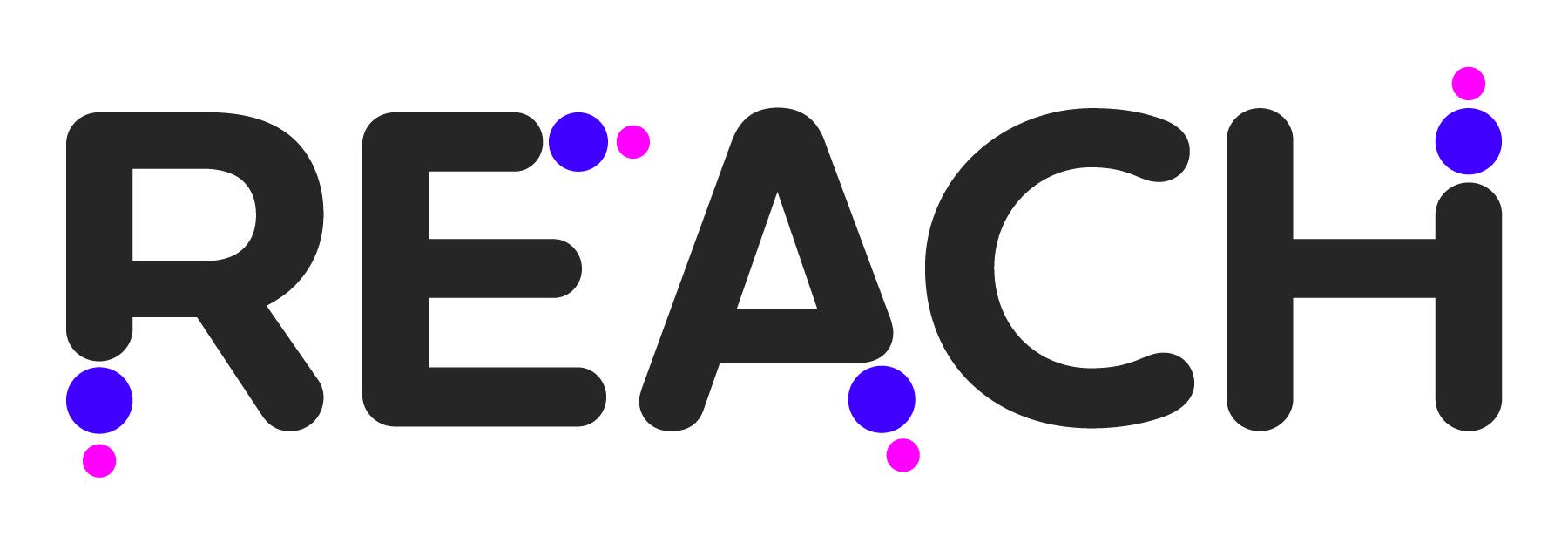We’re in Chicago: Steve Rubis
As the former VP of FP&A at Qlik, a leading SaaS data analytics company, I led a global team of 14 professionals who provide financial planning / reporting and business partnering to the executive team and the board of directors. I have over 15 years of experience in Corporate Finance, Capital Markets, and Investor Relations. During my career, I have participated in more than 13 IPOs raising $2B+ (representative deals include OpenTable, HomeAway, and Fitbit, among others), and have helped management teams unlock more than $20B+ in shareholder value. My industry experience spans Data Center REITs, Gaming and Lodging, Digital Healthcare, Biotech, SaaS, US and Chinese Media and eCommerce, SPACs, and Technology. I have experience leading publicly traded SPAC organizations. I have secured multiple awards for my Investor Relations programs from Institutional Investor, National Investor Relations Institute, and IR Magazine. I am currently pursuing an MS in Accounting as part of a dual degree program at the Gies College of Business at the University of Illinois, as I completed the requirements for my MBA in May 2023.
What is your current role? How would you describe the work that you do?
My career is currently in transition as I look for my next Investor Relations / Corporate Finance opportunity. In the interim, I am consulting with a telemedicine company I helped go through a take-private transaction in 2022.
Investor Relations takes the most important skills of Wall Street around financial modeling and communication and applies them to a single corporation. The Investor Relations Officer is the person that someone calls when they wish to purchase stock or invest in a public company. The IRO is the person that sets up meetings between investors and the C-Suite. The role involves a lot of writing and developing press release and earnings releases, as well as power point presentations for Investors and the Board of Directors. No two days are the same as you get to talk to some of the smartest people in the world on a daily basis. The cool thing is that the smartest and wealthiest people in the world call you because they want to talk to you and get your knowledge, expertise, and opinion on a given topic.
What was your Chicago Scholars experience like?
Being a Chicago Scholar Class of 1999, I like to say I was a Scholar in the Do-It-Yourself years! We did not benefit from social media, YouTube, or any of the Internet driven communication tools that the Scholars have today. Since that time, Chicago Scholars has evolved to offer an amazing suite of opportunities and services for its Scholars.
How did Chicago Scholars support you to be the person you are today?
Chicago Scholars gave me an Internship at Nuveen Investments and a $1,000 scholarship. As a fresh high school graduate in 1999, I thought the $1,000 was the bigger value. In reality, the four years I spent working in the Nuveen Investments mailroom represents the single most important part of my professional journey. Had I not been a Scholar or worked at Nuveen, then I would not have the career I have had up to today. Having been a scholar and working at Nuveen allowed me to find my passion for the stock market and led to a career as a Sell-Side Equity Research Analyst on Wall Street. The program put me on a path where I was able to travel to China several times, meet several famous people, and work on financial projects like the Fitbit IPO that I could never have imagined when I was going through the program.
What advice would you have given yourself just after being accepted into the program? What advice do you have for current Scholars?
Try not to let the anxiety or nervousness overcome you. Everyone here is to see you succeed and wants to work with you. Do the work, but enjoy the process and the ride. Be open to advice and criticism as the goal is to help you improve on what you may not be able to learn in your everyday life.
Really engage in the program, and I do not mean just with the mentors or staff! Really go deep and try to get to know your fellow Scholar classmates and those close to your graduation year. These will be some of the deepest friendships you develop and you never know where everyone will end up in five, 10, or 15 years. Your fellow scholars are going to help you throughout your professional journey!
What does being from Chicago mean to you now?
I have always been an overly proud Chicagoan, as I have always felt it to be the greatest city on earth. I have lived in DC, Dallas, and Las Vegas, and can say nothing compares to Chicago. No matter how long you are away, the people are always kind and welcoming. For me Chicago will always represent home and place to return when I need to recharge or get back on my feet.
What do you wish people knew about Chicago Scholars, as well as the city of Chicago?
I wish more people were generally aware of what an important program Chicago Scholars represents for the City of Chicago. The program gives so many disadvantaged people a shot at reaching their dreams in life. Those involved provide not only incredible financial assistance, but more importantly mentorship! The students who go through the program lack the advantage of having executives at home at the dinner table. Being able to tap into a network of professionals and executives that want to help and mentor is priceless! The program creates an incredible pool of talented people to work for and build a better Chicago.
